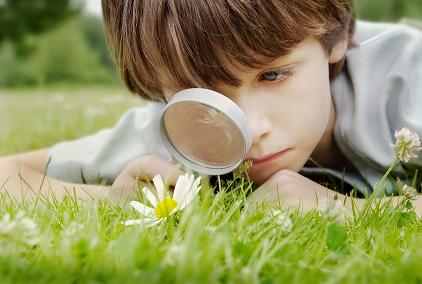I am hammering out a new article about the things I learned from my Supercharged Science cross-country tour and I have a few paragraphs for you to look over. Let me know what you think!
Unlocking the Secrets to Becoming the Next Einstein
Practical Pointers for Homeschool Families from a Real Rocket Scientist (by Aurora Lipper)
Did you have a teacher that really had an impact on you? Remember the excitement? Or the thrill you felt when you taught something to someone else and they really got it?
First, let me thank you for your commitment to education – a value that is high enough for you that you are either homeschooling your child or considering it.
In this article, I am going to share with you the seven keys you need to unlocking your child’s fullest potential.
Once you know, you can then focus on solutions. Perhaps you’ll find that you are already on track, and this may reaffirm that you are headed in the right direction. Are you ready? Let’s begin.
Key #1. Make an impact.
In today’s world, we’re so inundated with information that in order to really teach something new, you need to get someone’s attention. Think about food commercials. Advertisers first focus on getting you hooked, catching your eye – before they ever deliver their real message. And that’s what you need to do when teaching science.
You’ve got stack the deck with things that inspire natural curiosity. Hand them a bucket and ask them to tilt it completely sideways without a single drop of water coming out. (When you hand them the bucket, don’t touch the handle. Just hand it over from the bottom. Let them make that jump themselves.)
How do you know when you’re doing this right? You know you’ve made an impact when your kid’s entire body says, “WOW!â€, complete with the eye bulge, slack-jaw, blank stare that accompany this universal state of brain-pretzel. So how do you do that?
Easy. Just do the opposite of what they currently expect from you. If you’re as neat as a pin, slosh a bit of water on the floor while slinging a bucketful around your head, asking them what they know about g-force and physics. If you’re shy about electricity, poke a paperclip and a penny into a juicy lemon and ask them to stick their tongue on both contacts, because you’re not sure what will happen.
Get and do things that are different enough to get their brain pumping and to put the fun back into it for you, too. If you’re planning to demonstrate the reaction of baking soda and vinegar (which produces carbon dioxide gas, the same stuff you exhale), first ask your kid, “Have you ever burped before?â€
Key #2. Never give away the ending.
How often in textbooks or classrooms have you seen this one? Every detail in the project is outlined step-by-step, leaving no room for questions, speculation, or new ideas. No scientist in their right mind will design, set up, and execute a scientific experiment if they already know the ending!
This mistake often has the undertone of being in a rush. Learning takes time, and it needs to go through different stages to make a lasting impression. Just as a farmer can’t plant crops too late in the season, then try to rush them to grow, certain aspects of learning takes time.
For real learning that lasts, your child needs to focus on activities that allow the natural process of discovery, wonder, and exploration. During this process, questions formulate, ideas flow, and true learning takes place from the inside out. Short-cutting this process (by outlining exactly what to do and how to do it) will kill your child’s passion for science, which is defined as “the effort to discover and understand how the physical world worksâ€.
When a kid asks, “Do you think this will work?†remember that it’s just a test. What they’re really asking is, “Can I try it?†To which you can confidently answer, “I don’t know. Try it!â€
To continue our example of the baking-soda-and-vinegar reaction: After you’ve asked your child about burping, show them the chemical reaction and ask them about the bubbles they see rising out of the cup. (Solid, liquid, or gas?) Then casually ask, “What if we do this again, but this time put the lid on?â€
…okay, so there were more than a few paragraphs. Just let me know if you think it’s any good…



